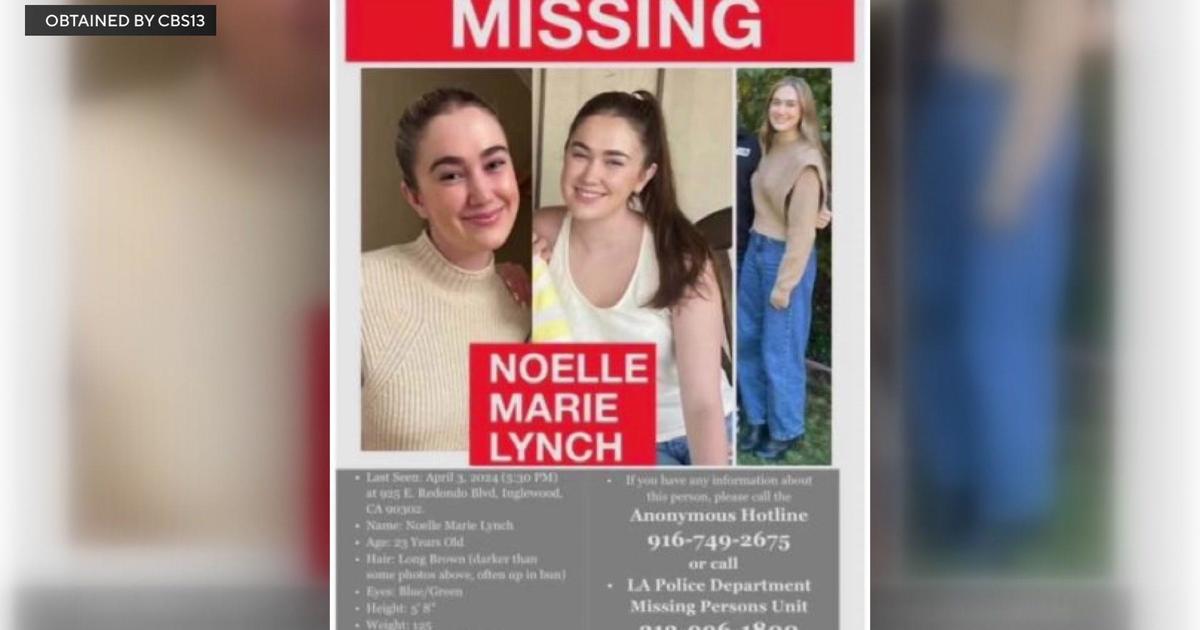After Intermittent Fasting, These 3 Men No Longer Take Insulin For Diabetes -- But Experts Stress Caution
(CNN) -- Three men with Type 2 diabetes used "intermittent fasting" to reverse their dependence on insulin, according to a report published Tuesday -- but you shouldn't try it without medical supervision, experts say.
The new case report says the three patients also lost weight, and their HbA1Cs, a measure of blood sugar levels, improved.
"People are focused on giving drugs to Type 2 diabetes, but it's a dietary disease," said study author Dr. Jason Fung, medical director of the Intensive Dietary Management Program in Toronto.
Experts say this clashes with the widely held belief that diabetes is strictly a chronic, irreversible disease -- though Fung said that's been changing in recent years.
"In general, the concept of reversing or curing diabetes ... is not well-accepted in the medical field," said Dr. Abhinav Diwan, associate professor of medicine, cell biology and physiology at the Washington University School of Medicine in St. Louis. "It is not even a therapeutic goal when people start to treat diabetics."
The US Centers for Disease Control and Prevention estimates that 9.4% of Americans -- about 30.3 million people -- have diabetes, and nearly a quarter of those are undiagnosed. Ninety to 95% of those cases are Type 2 diabetes. An additional 33.9% of the population, or 84.1 million people, have prediabetes, the agency says.
"Diabetes is the No. 1 cause of kidney failure, lower-limb amputations, and adult-onset blindness," the CDC says.
In the study, patients followed 24-hour fasts several times a week. They ate only dinner on fasting days but could drink water, coffee and broth throughout. They were all men, ages 40, 52 and 67, who had been diagnosed with diabetes 20, 25 and 10 years prior, respectively.
The participants had been diagnosed with Type 2 diabetes, which has been linked to obesity and develops over years due to a combination of genetics and lifestyle. In this type, the body becomes less responsive to insulin, a hormone it needs to balance glucose in the bloodstream.
This is different from Type 1 diabetes, an autoimmune condition in which the pancreas doesn't produce much, if any, insulin. Fasting for those with Type 1 diabetes "may be unsafe due to the increased risk for hypoglycemia," said Diwan, who was not involved in the new study.
However, he has researched fasting and diabetes in mice, looking for important clues at the cellular level about how this might work.
When it comes to this field of research, he said, "these are early days but very exciting." The new report is not a definitive study, he added; it has a small sample size, no control group and limited followup. Existing research in humans is also difficult to compare because it is largely observational, and how to implement fasting hasn't been standardized, Diwan said.
"It is very clear that people who can lose weight have better blood sugar control ... [and] sometimes can get off insulin if not too advanced in their disease," said Dr. Robert Gabbay, chief medical officer at the Joslin Diabetes Center, a nonprofit research and care center in Boston affiliated with Harvard Medical School.
"The most established example of that are people that have bariatric surgery," he added. "They lose significant amounts of weight, and some of them get off all medications."
Gabbay, who was not involved in the new report, calls this a "remission" of diabetes rather than "cure" because, "as far as we know, it's still worthwhile having a yearly eye exam, having a screening for kidney disease and nerve damage, even in those people that normalize their blood sugars, because they may be at continued risk."
"Although, honestly, there aren't enough of those people to know."
Experts like Fung are calling for more research on this topic, which has not gotten much attention from the broader scientific community.
"Intermittent fasting has been in a hinterland for many, many years. There's been really no data on it," Fung said, adding that his proposals for larger studies on fasting and diabetes have been denied by two Toronto hospitals.
He said he's seen thousands of patients in his program, and the new report, which took two years to publish and includes only three patients, is part of an ongoing effort to show early evidence and advocate for larger studies.
The goal of no longer needing insulin is not only a health-related goal, Fung said; it could also mean not having to buy these drugs, which are ever more costly.
But without randomized trials, Diwan said, it's tough to say how effective intermittent fasting is, what's the best way to do it and how sustainable it might be in the long run.
At the very least, "intermittent fasting has been practiced across various cultures," Diwan said, citing his own Hindu culture as an example. "So that tells you right off the bat that it's a doable thing."
Gabbay said "there's conflicting data out there" on fasting diets and weight loss, including studies suggesting that fasting is no more effective for weight loss and maintenance than calorie restriction, and other research showing how some people regain weight.
None of the men in the study had episodes in which their blood sugar dropped dangerously low -- known as hypoglycemia -- but other studies on fasting and diabetes have reported this risk. It could increase if people continue to take their usual dose of insulin while fasting, causing their blood sugar levels to plummet, Fung said.
"Clearly, there is need for caution, because diabetic people are prone to hypoglycemic episodes, and hypoglycemia can be fatal," Diwan said. "People do not want to put them themselves at risk by fasting without consulting a doctor."
Experts say there could be other risks to fasting, such as headaches, fatigue, nausea and insomnia. It may also be less safe for some groups of people to fast, including pregnant women and those who take certain medications.
Gabbay said the new paper accomplishes its goal of warranting further study, but on its own, it's a success story about just three people -- and one would be "hard-pressed to draw any conclusions from this kind of work."
"We always worry when reports of dramatic results are presented, as they may be misinterpreted by people," he said. "In the world of diet and weight loss, things really catch on quickly."
The-CNN-Wire
™ & © 2018 Cable News Network, Inc., a Time Warner Company. All rights reserved.



